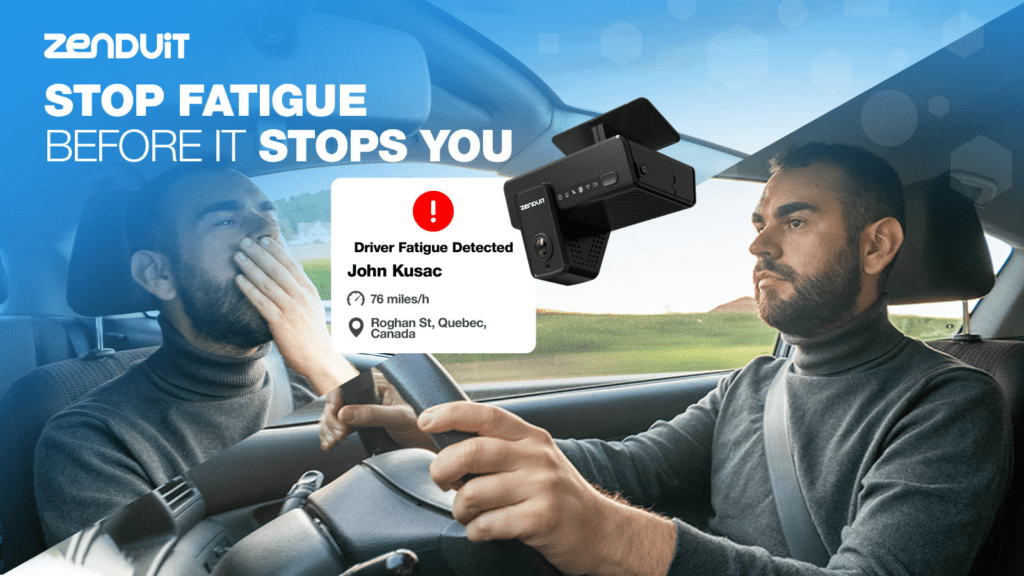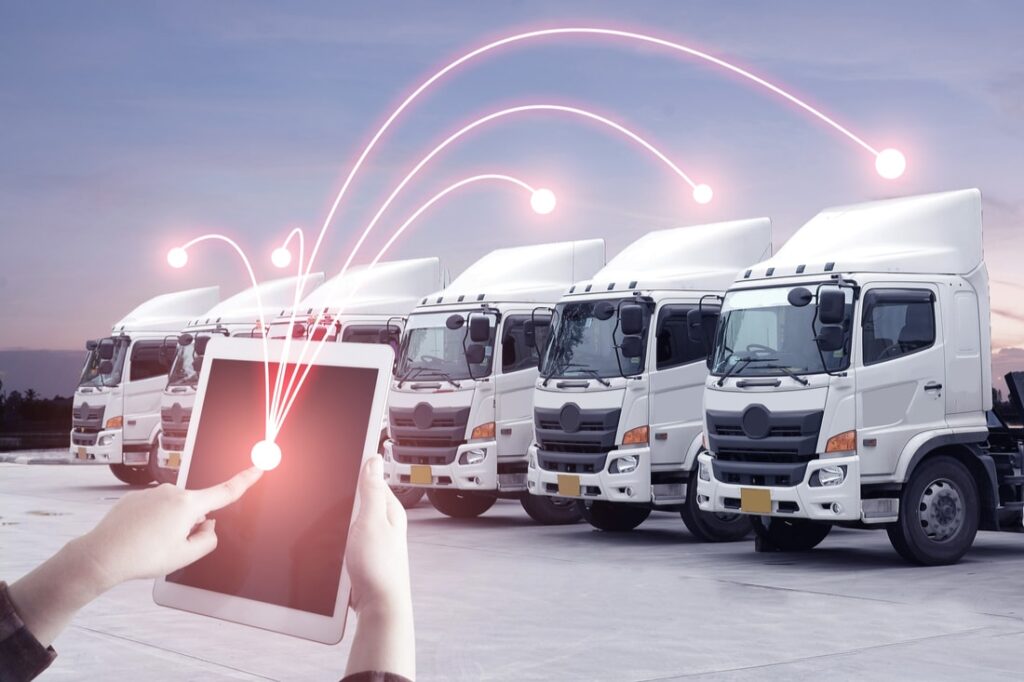The Internet of Things (“IoT”) has become such a buzzword that it is sometimes easy to mock. Just last month, Bloomberg did a very simple investigation into Juicero, a juice machine that is connected to wifi. The company had attracted about $120 million in investment while the company’s founder Doug Evans bragged about the custom electronics that provided an IoT platform and allowed his juicer to squeeze with the force of four tons, or enough to lift two Teslas. It looked like a gold mine, as the juicer sold for $400 and also required users to buy individual juice packs to be delivered weekly. After seeing the device and the juice packs, Bloomberg reporters tried squeezing the packs with their bare hands and found that worked just as well. The next day Juicero started offering refunds, and it seems the IoT revolution in juice may be delayed.
One area that the IoT is really delivering is in the car rental and leasing industries. The gap between the rust belt auto manufacturers and Silicon Valley tech companies is shrinking. Business Insider Intelligence expects 94 million connected cars to ship in 2121, and that 82% of all cars shipped in that year will be connected. These vehicles are starting to tap into apps like Google Maps for directions or Gas Buddy to find the cheapest fill-up option. Soon parking garages may be able to summon connected cars through a smartphone and self-driving cars may communicate with each other to share the highway. Daimler, General Motors, Toyota, and Tesla are all leading in this area, but competition is coming the other way as well. Tech companies are looking to get in the game, and AT&T already has 2.7 million connected cars in the U.S. Microsoft, Apple, Google, and others are investing in this area as well.
In the leasing industry, IoT can help companies better manage their customer relationships with proactive maintenance. They can remotely access odometer and diagnostic information that will allow them to notify the user if the vehicle needs to come in for maintenance. For car rentals, IoT allows the companies to automatically check the odometer and fuel level in order to do away with the clumsy paperwork still required when returning a rental car to some companies. Virtual keys are also already common with systems like Zipcar, where members can use a card to access a variety of vehicles for short-term rentals. Expect that system to expand.
These IoT features do not only benefit the vehicles’ users. Connected vehicles also generate a wealth of data that has a value. Companies can collect information on speed, traffic, and environmental factors. Marketers are still thinking about how to make money off that data. Location-based marketing seems to be an early leader. Companies could give a car renter targeted ads for a nearby restaurant based on where he or she is taking the car, for example. Manufacturers could use data to learn more about how their vehicles are actually being used. Data from cameras and sensors in automated (or partially-automated) cars can also improve maps, and traffic data is already helping to provide real-time information to commuters and longer-term information to lawmakers for infrastructure upgrades.








































